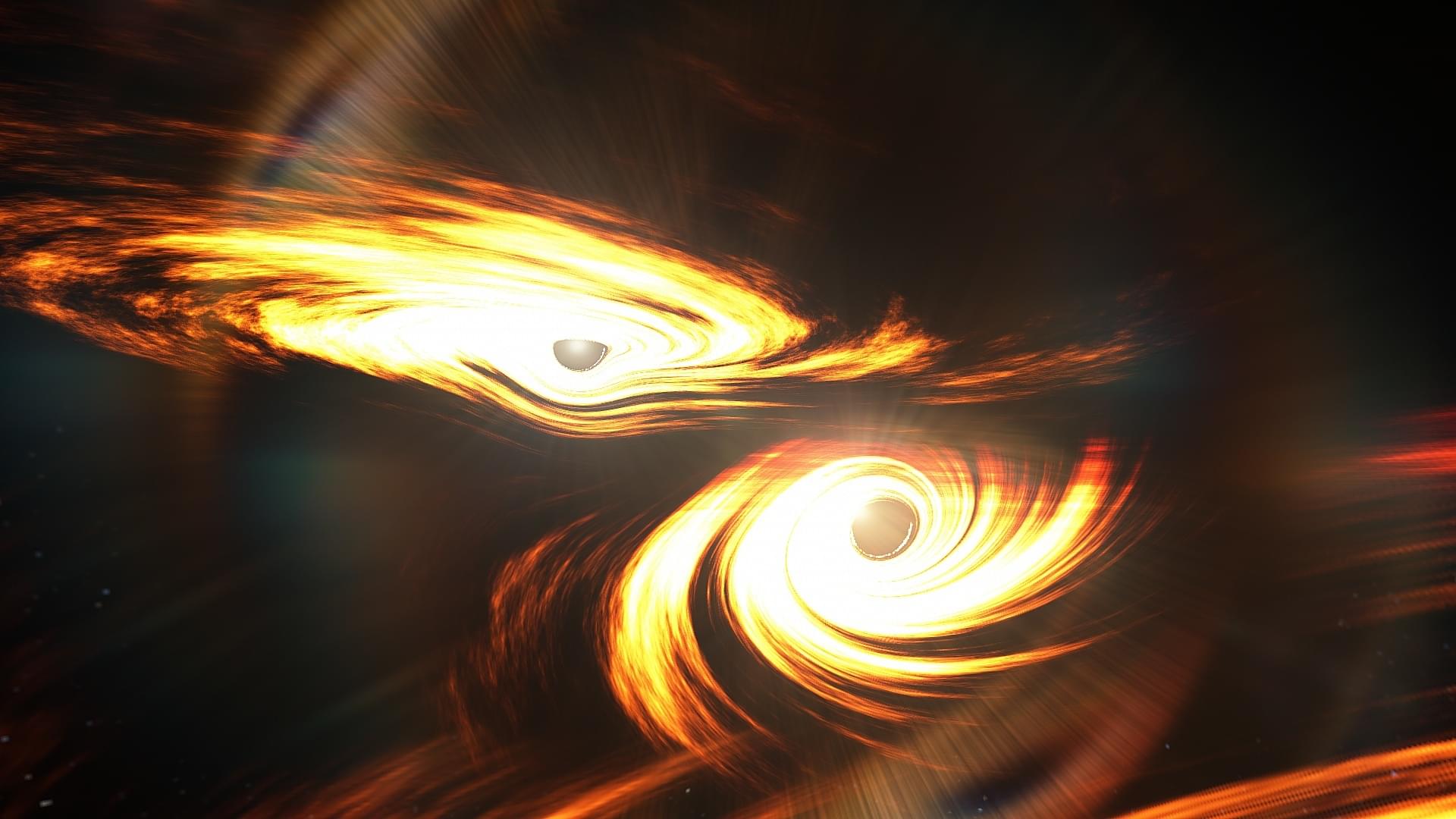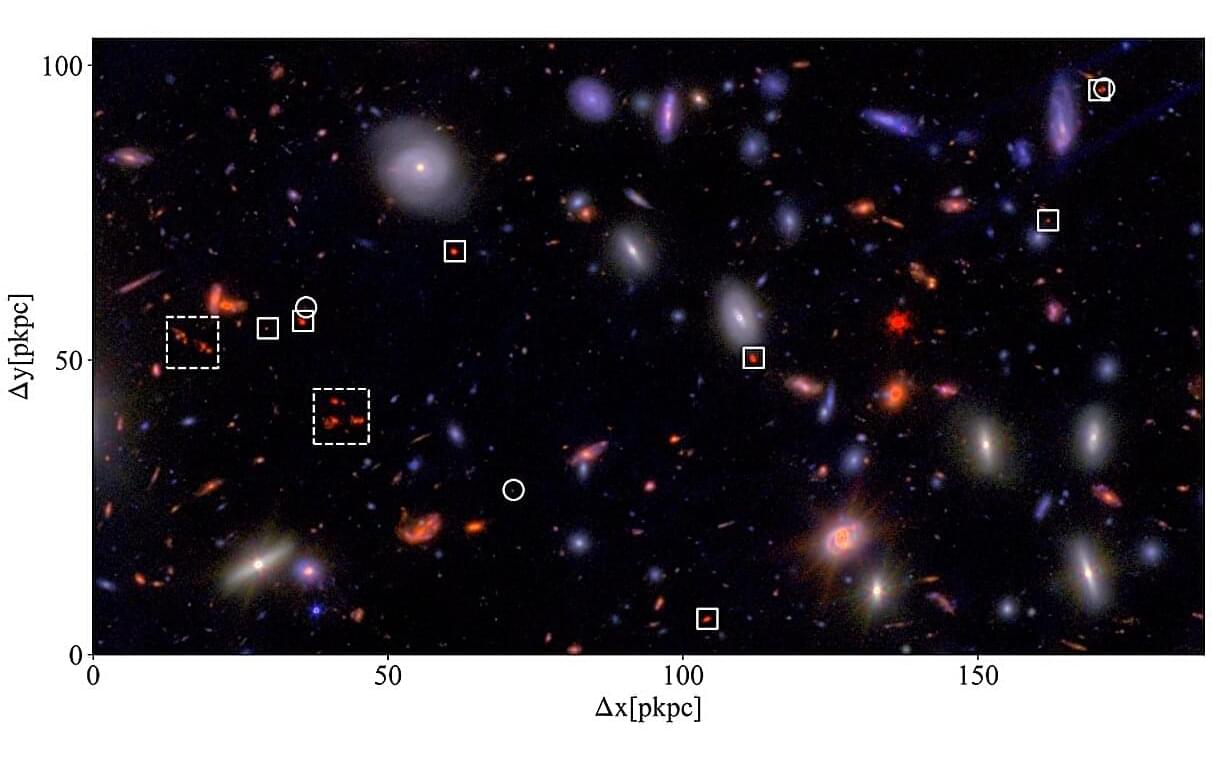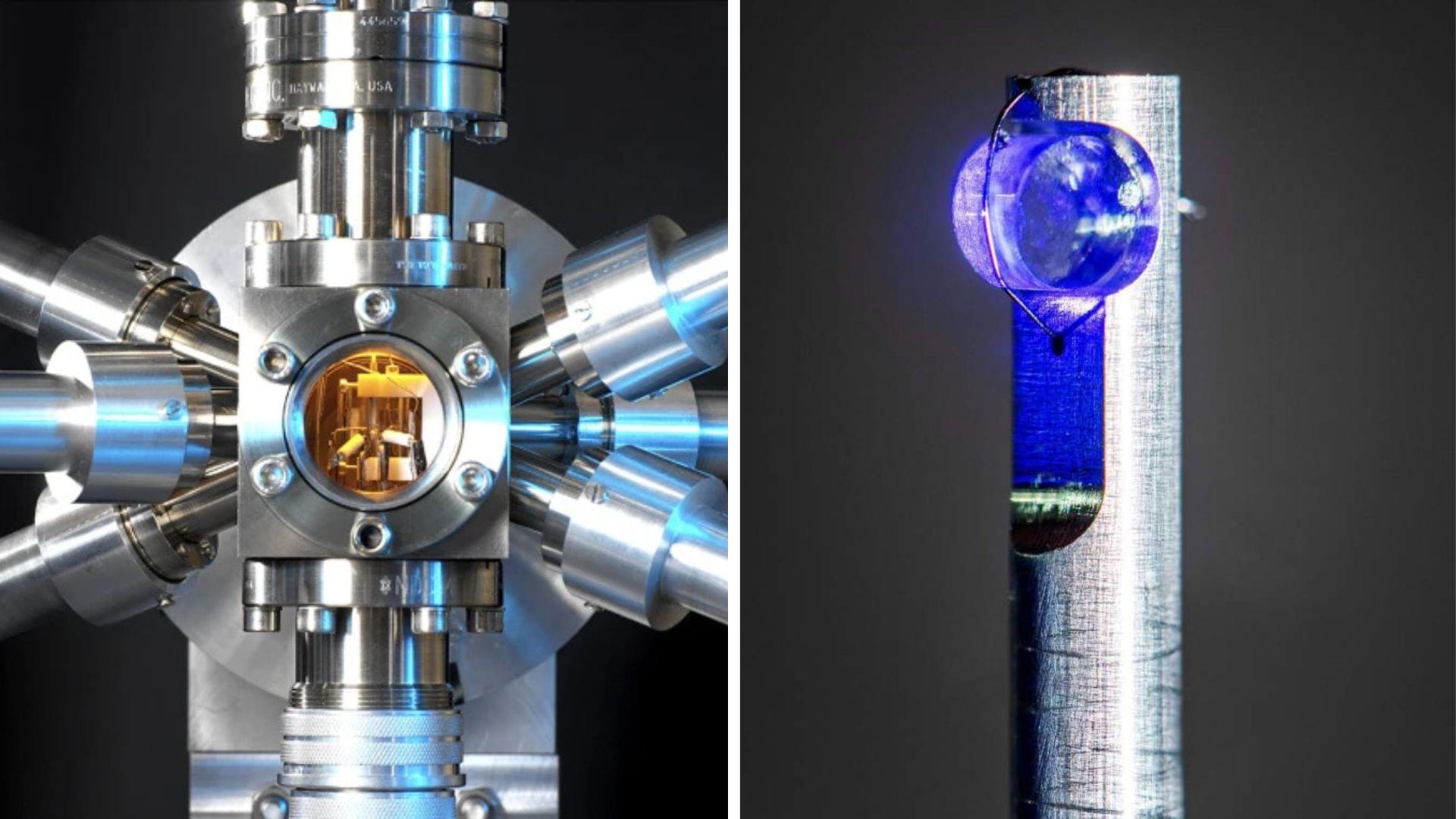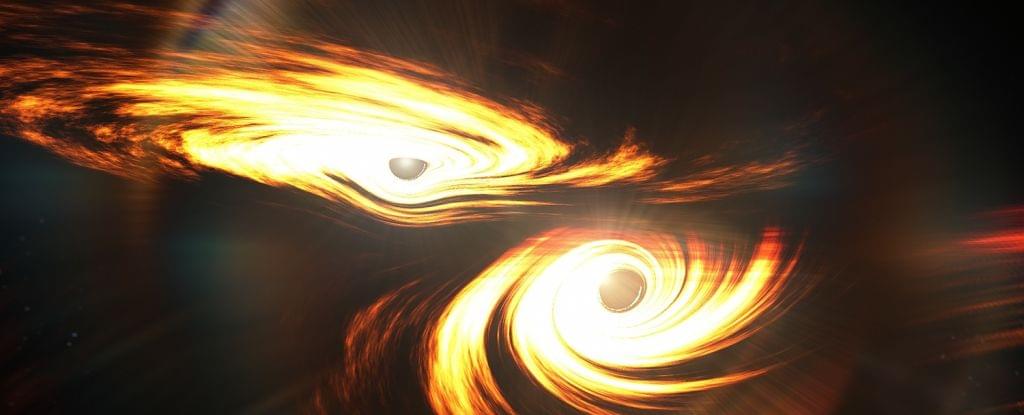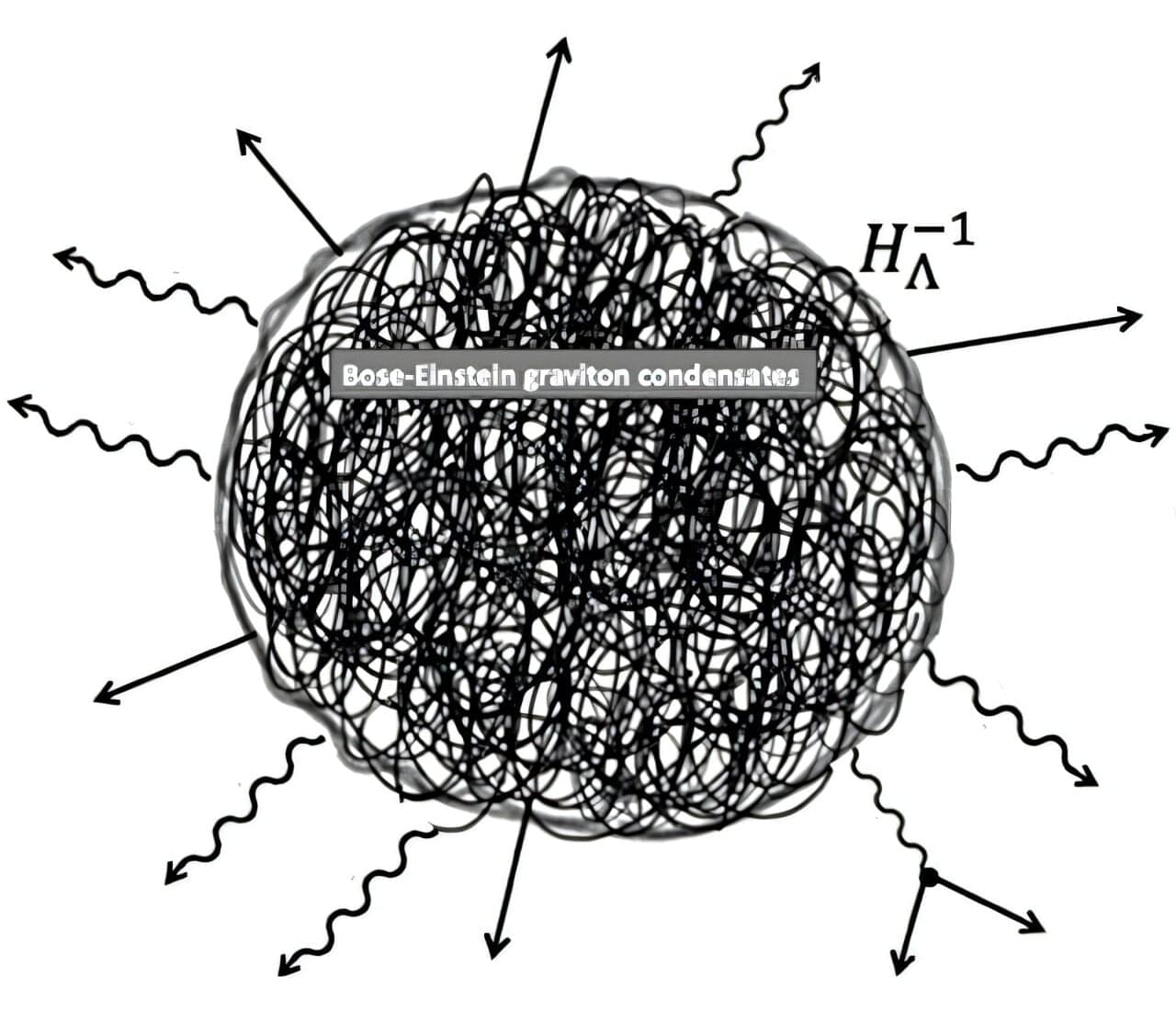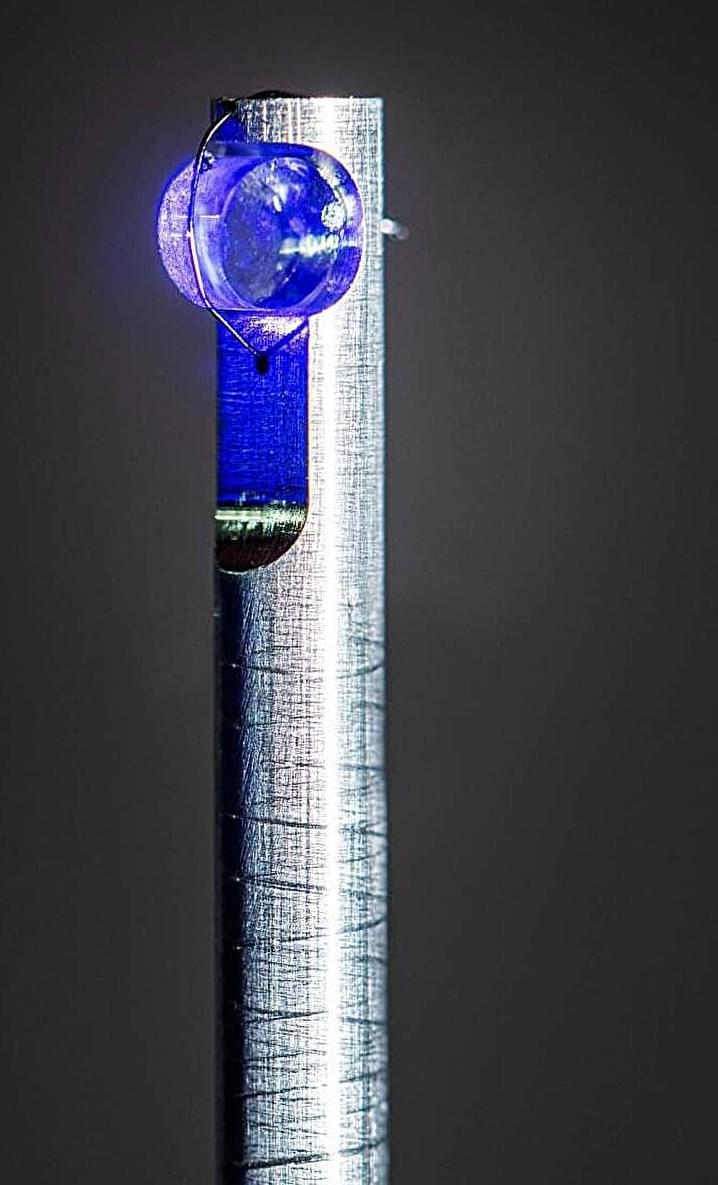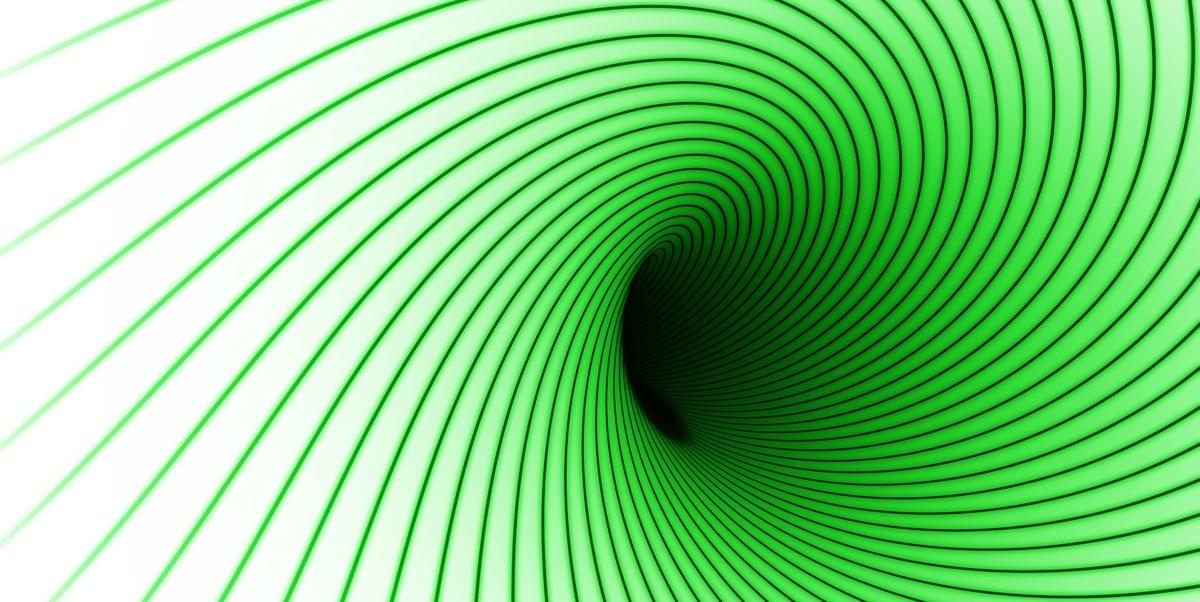Physicist and fusion researcher Eric Lerner presents a sweeping critique of the Big Bang theory and the standard model of cosmology at Demysticon 25. He builds on the foundations of plasma physics and the work of Nobel laureate Hannes Alfvén to outline an alternative cosmological framework rooted in known physical laws—gravity, nuclear fusion, and electromagnetic plasma behavior—rather than hypothetical concepts like dark matter, dark energy, or cosmic inflation. He explores how filamentary plasma structures may account for galaxy formation, how fusion research using dense plasma focus devices parallels cosmic processes, and how the cosmic microwave background may not be relic radiation from a singular origin. Merging astrophysics, plasma cosmology, and energy research, this talk reframes the origin and structure of the universe—and calls into question the prevailing narratives at the heart of modern theoretical physics.
PATREON
/ demystifysci.
PARADIGM DRIFT
https://demystifysci.com/paradigm-dri… Go! Introduction the Big Bang Debate 00:03:57 Eric Lerner’s Perspective on Cosmic Evolution 00:04:21 The Pinch Effect and Electrical Currents in Plasmas 00:10:27 Evolutionary Hierarchies and Cosmic Filaments 00:14:50 Interplay of Forces in Structure Formation 00:18:14 Evidence of Filaments Across Scales 00:25:04 Dynamics of Galaxy Formation and Star Development 00:29:08 Cosmic Microwave Background and Element Formation 00:30:29 The Formation and Properties of Early Galaxies 00:35:22 Energy Flows and the Cosmic Evolution Crisis 00:39:58 Plasma Focus Devices and Fusion Energy Research 00:41:16 Q&A Understanding Galaxy Components and Rotation 00:51:33 Q&A The Implications of Missing Gravity and Galaxy Dynamics 00:58:07 Q&A Gravitational Lensing and Mass Distribution 01:00:32 Q&A Lensing and Galactic Observations 01:02:04 Q&A Fractal Patterns in Cosmology #cosmology, #space, #galaxyformation, #gravitationalwaves, #cosmicstructures, #astrophysics, #fusionenergy, #magneticfields, #spacephysics, #electricuniverse, #criticalthinking #philosophypodcast, #sciencepodcast, #longformpodcast ABOUS US: Anastasia completed her PhD studying bioelectricity at Columbia University. When not talking to brilliant people or making movies, she spends her time painting, reading, and guiding backcountry excursions. Shilo also did his PhD at Columbia studying the elastic properties of molecular water. When he’s not in the film studio, he’s exploring sound in music. They are both freelance professors at various universities. PATREON: get episodes early + join our weekly Patron Chat https://bit.ly/3lcAasB MERCH: Rock some DemystifySci gear : https://demystifysci.myspreadshop.com… AMAZON: Do your shopping through this link: https://amzn.to/3YyoT98 DONATE: https://bit.ly/3wkPqaD SUBSTACK: https://substack.com/@UCqV4_7i9h1_V7h… BLOG: http://DemystifySci.com/blog RSS: https://anchor.fm/s/2be66934/podcast/rss MAILING LIST: https://bit.ly/3v3kz2S SOCIAL:
- Discord:
/ discord
- Facebook:
/ demystifysci
- Instagram:
/ demystifysci
- Twitter:
/ demystifysci
MUSIC:-Shilo Delay: https://g.co/kgs/oty671
00:00 Go! Introduction the Big Bang Debate.
00:03:57 Eric Lerner’s Perspective on Cosmic Evolution.
00:04:21 The Pinch Effect and Electrical Currents in Plasmas.
00:10:27 Evolutionary Hierarchies and Cosmic Filaments.
00:14:50 Interplay of Forces in Structure Formation.
00:18:14 Evidence of Filaments Across Scales.
00:25:04 Dynamics of Galaxy Formation and Star Development.
00:29:08 Cosmic Microwave Background and Element Formation.
00:30:29 The Formation and Properties of Early Galaxies.
00:35:22 Energy Flows and the Cosmic Evolution Crisis.
00:39:58 Plasma Focus Devices and Fusion Energy Research.
00:41:16 Q&A Understanding Galaxy Components and Rotation.
00:51:33 Q&A The Implications of Missing Gravity and Galaxy Dynamics.
00:58:07 Q&A Gravitational Lensing and Mass Distribution.
01:00:32 Q&A Lensing and Galactic Observations.
01:02:04 Q&A Fractal Patterns in Cosmology.
#cosmology, #space, #galaxyformation, #gravitationalwaves, #cosmicstructures, #astrophysics, #fusionenergy, #magneticfields, #spacephysics, #electricuniverse, #criticalthinking #philosophypodcast, #sciencepodcast, #longformpodcast.
ABOUS US: Anastasia completed her PhD studying bioelectricity at Columbia University. When not talking to brilliant people or making movies, she spends her time painting, reading, and guiding backcountry excursions. Shilo also did his PhD at Columbia studying the elastic properties of molecular water. When he’s not in the film studio, he’s exploring sound in music. They are both freelance professors at various universities.
